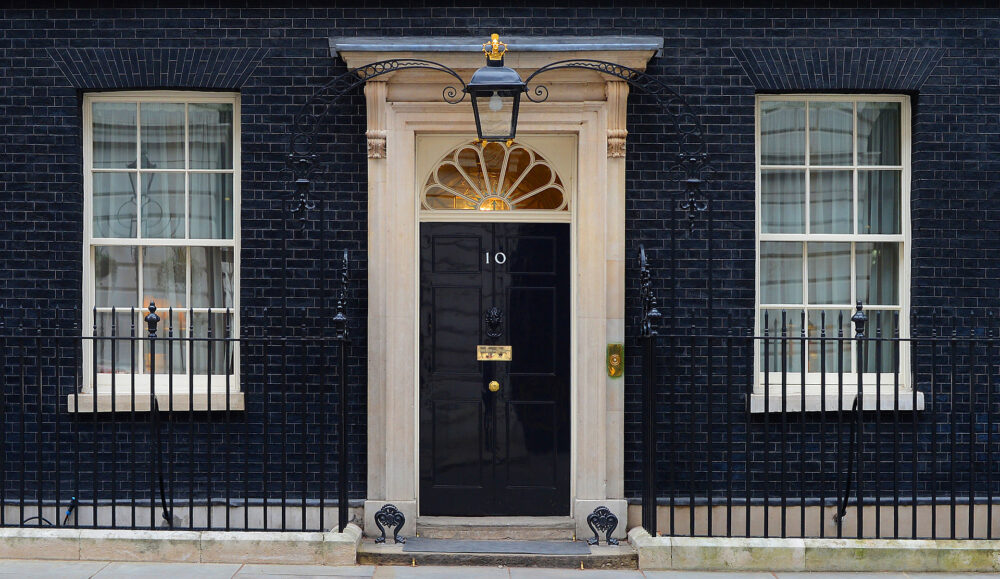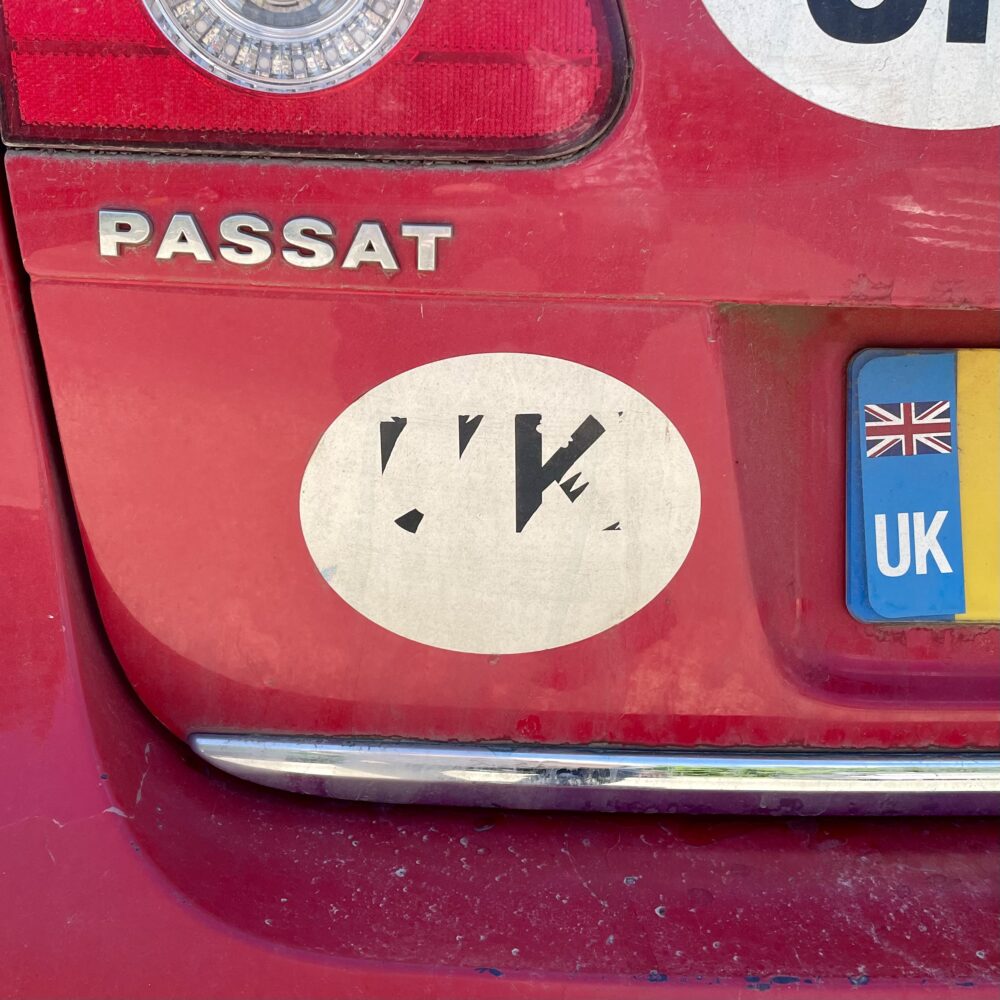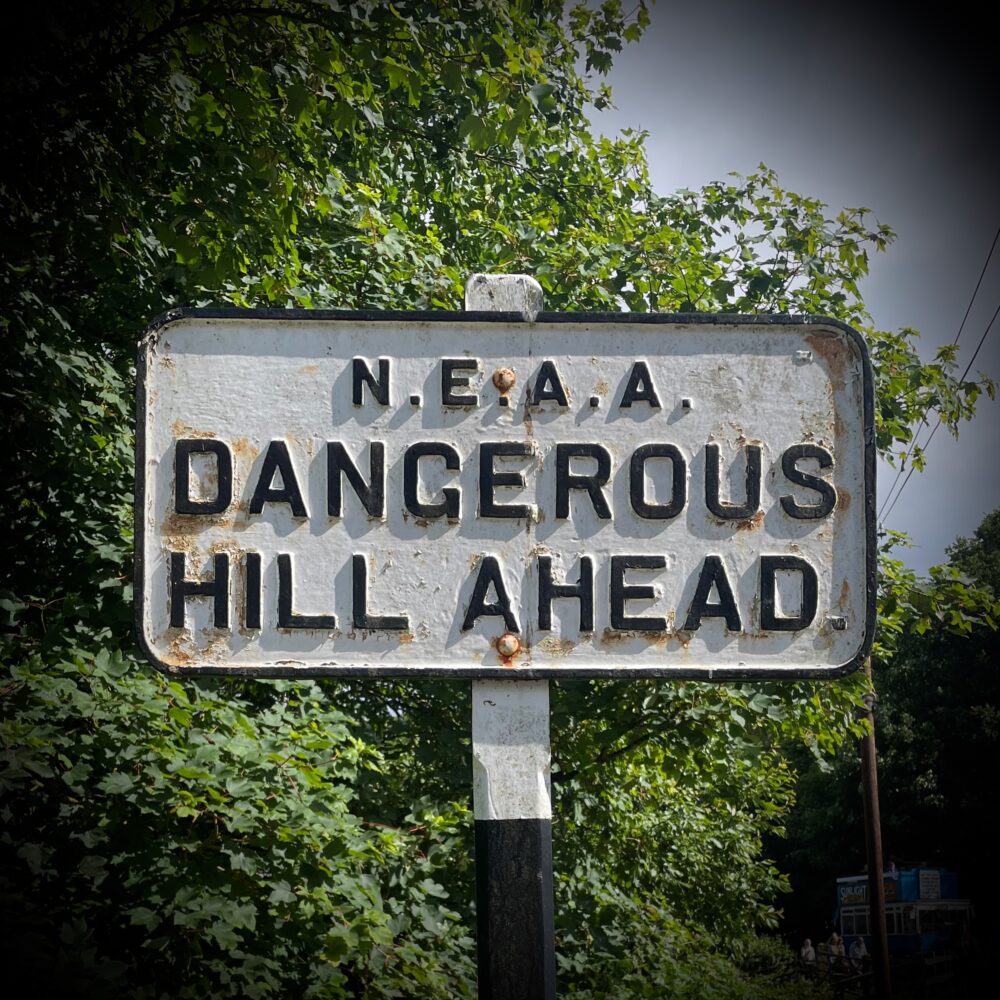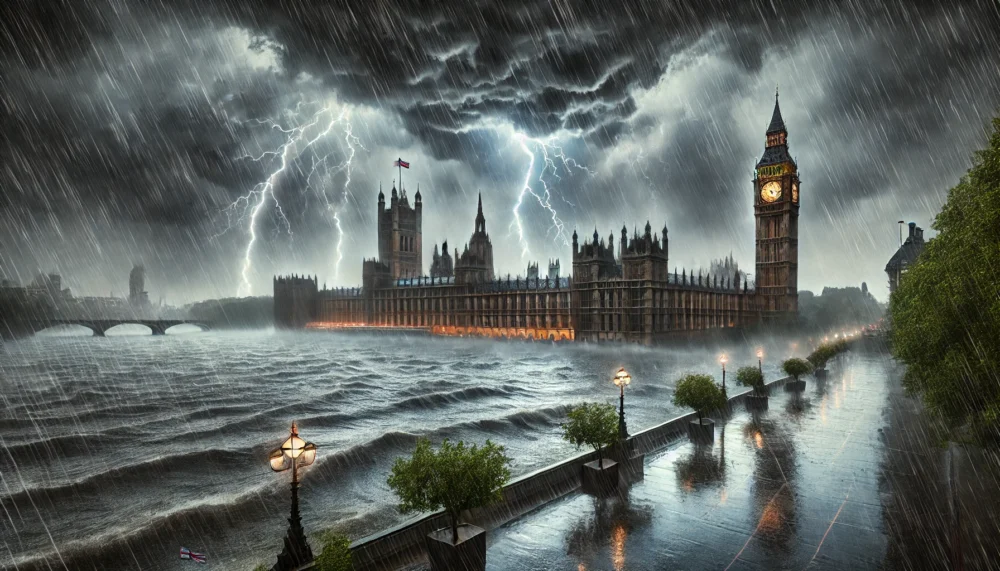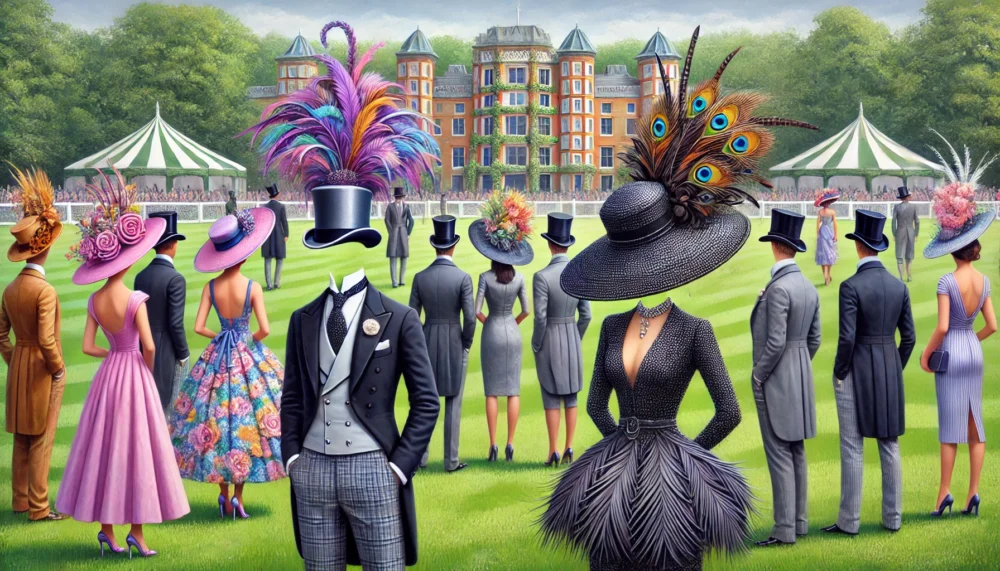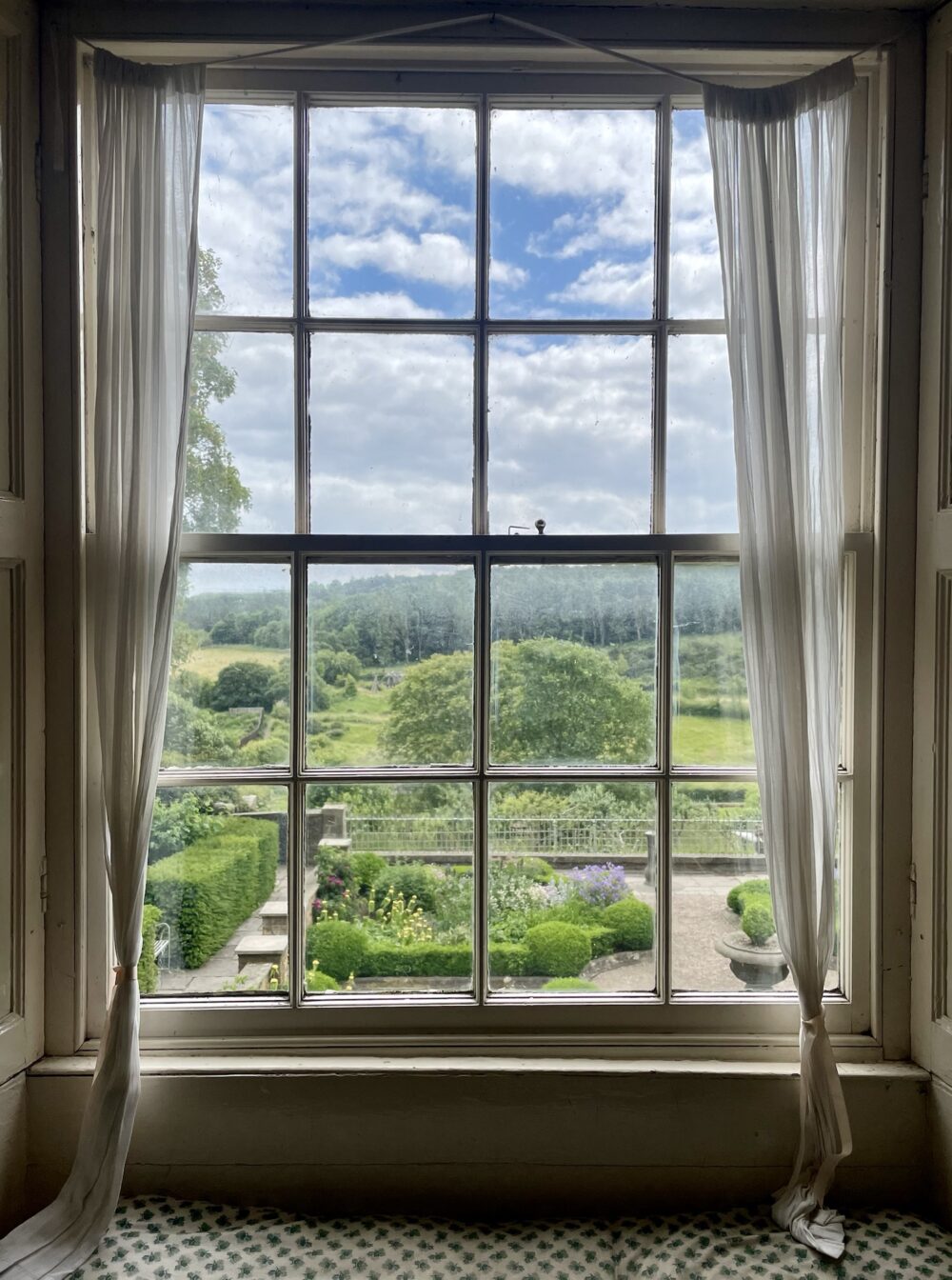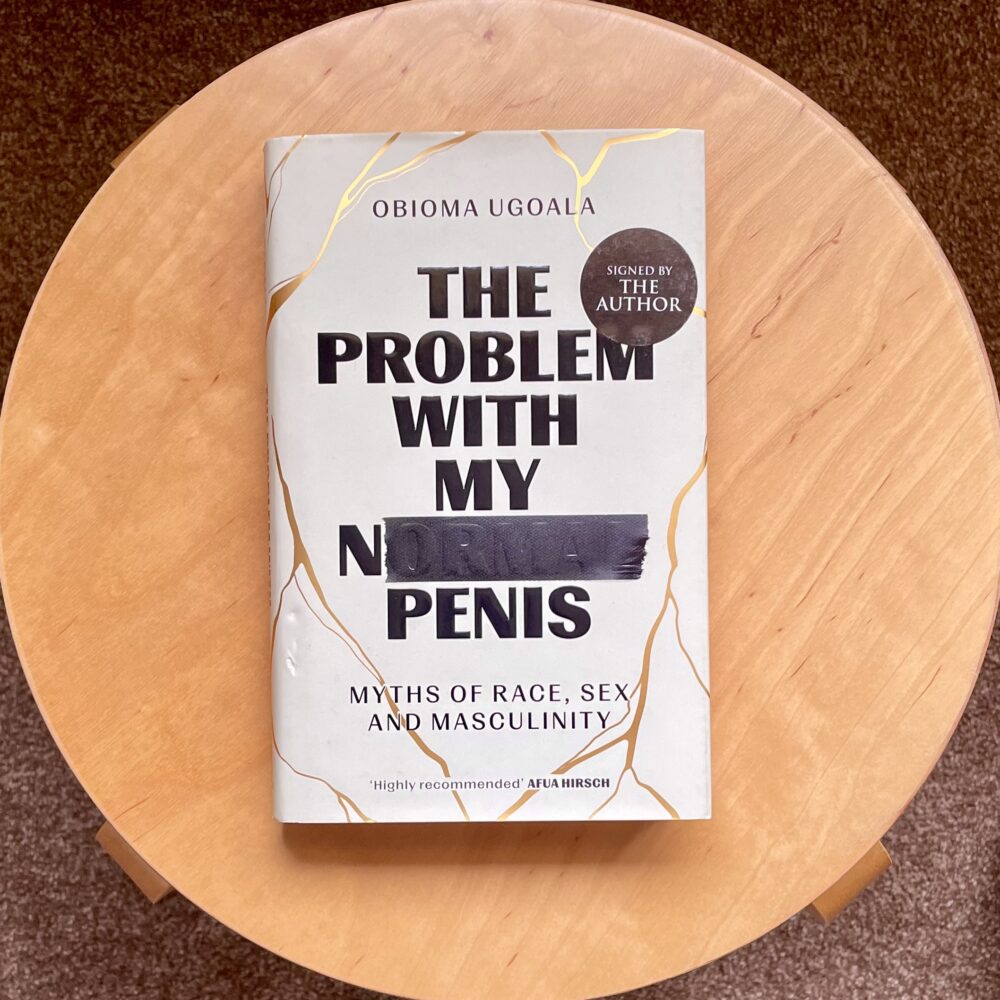On Tuesday, I recommended an election-themed tour of Britain from Le Magazine du Monde. Perhaps I just like plebiscite travelogues, because today I’m recommending this one from Jennifer Williams in the FT Magazine, where she tours parts of Northern England.
At Stockport’s recently renovated train station, the familiar words, “We are sorry to announce… ” bounced from the tannoys and around the platforms like abandoned campaign promises. My eastbound train was late. The westbound Liverpool train was also late. So was the northbound service from London to Manchester.
It was 11am on a weekday, but my train was standing room only. It was so tightly packed with passengers clutching luggage from nearby Manchester airport, so crammed with students, business people, families and pensioners headed towards Sheffield, that the member of staff pulling the catering trolley struggled to get it past us.
A couple of days later, a friend sent me a TikTok of the prime minister, Rishi Sunak, who had apparently caught a train. “The train was great, thoroughly enjoyed it,” he said. “Been taking lots of pictures and videos and sending them back to my kids.” My eyes narrowed.
I liked how Williams captured the sense that ‘everywhere, people were doing remarkable things to move their places forward, but were losing faith in the state’s will or ability to help.’
That chimes with my experience, and I think offers a good explanation as to why the election polls portend poorly for the incumbent Government. It’s a theme she returns to at the end of the article, with the ’Stockport isn’t shit’ carrier bags.
I also smirked at a line from one of Williams’s interviewees:
On a visit to Grimsby in summer 2022, the levelling-up secretary Michael Gove toured the East Marsh estate. “We call it the poverty safari, don’t we, when all the rich white men come.”
In my line of work, we have similar epithets for when politicians or other national leaders visit, one of which is ‘the fascination tour’—for the number of times we’re told how ‘fascinating’ our work is.
Williams mentions the dominant narrative of ‘broken Britain’ in politics, which is clichéd—but clichéd for a reason. Across this article and the one I recommended yesterday, the fundamental observation seems to be that the state isn’t working, not just at one level, but at many.
The state is not protecting the most vulnerable in society, as exemplified by James Picken from Hartlepool in yesterday’s article, or the tripling of the number of tooth extractions in Bradford’s children in William’s article. But nor is it working at the higher level, as shown by yesterday’s observation about the pound losing 20% of its value, or Williams’s point about Local Authority bankruptcies.
The problem for Labour—if we accept that Labour is almost certain to form a Government next week—is that none of this is easily fixed.
